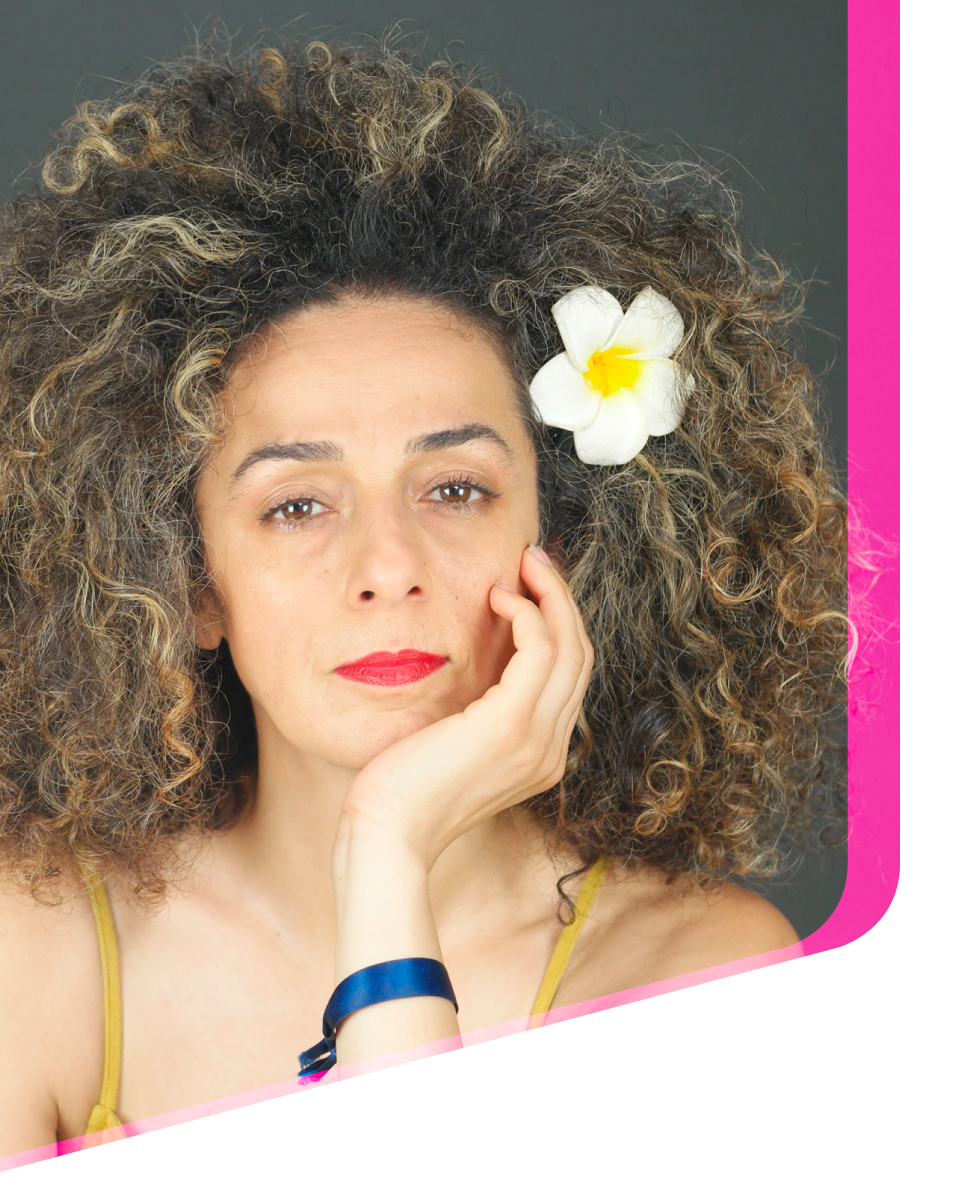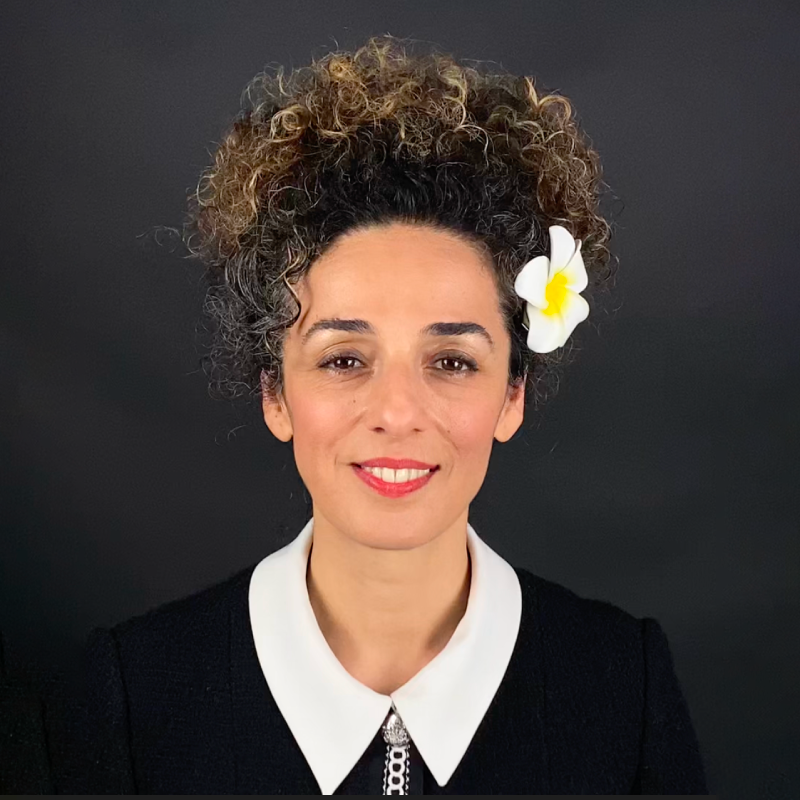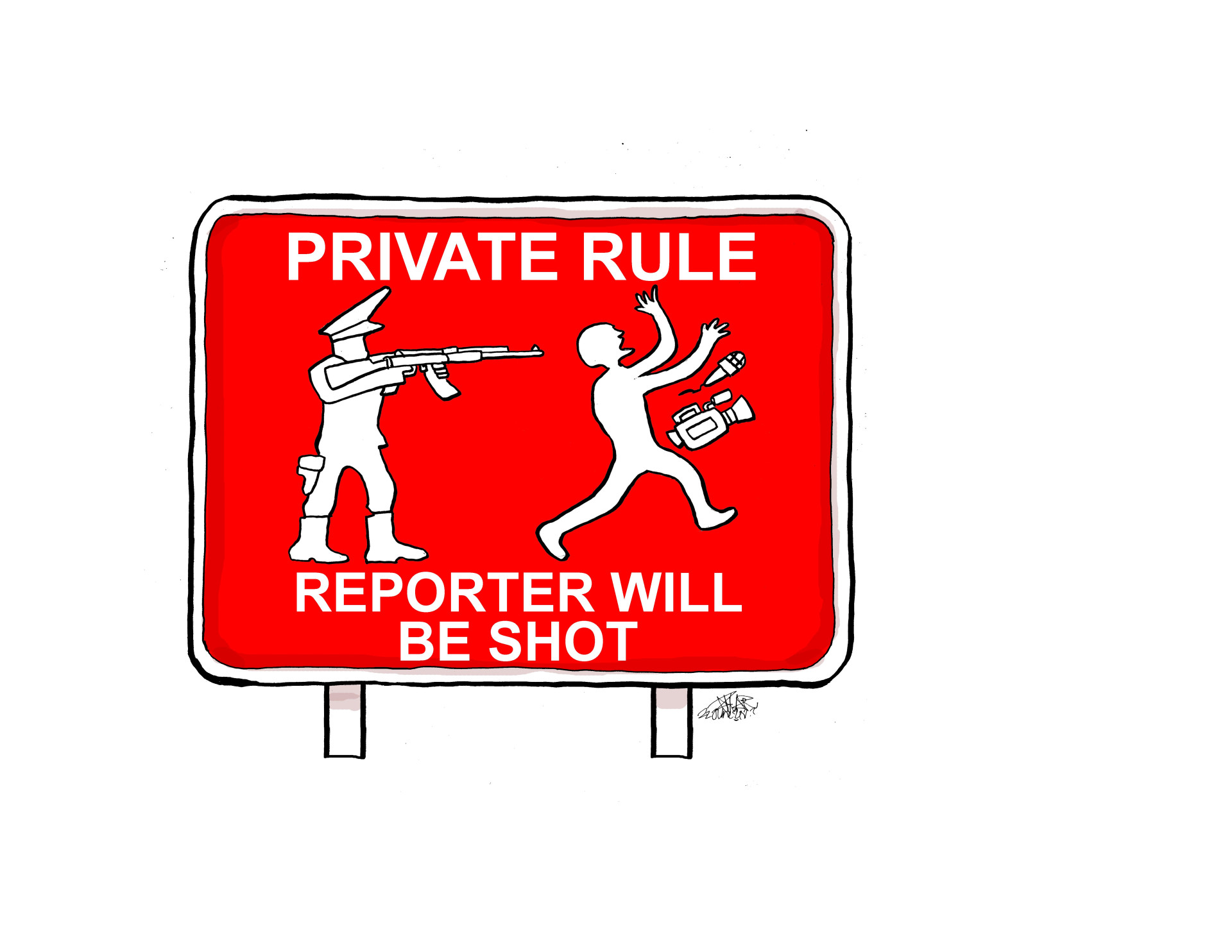
Iran
Iran
Iran
Masih Alinejad
Masih Alinejad
Masih Alinejad
Journalist, women's rights campaigner and author of best-selling memoir, “The Wind in My Hair”
Journalist, women's rights campaigner and author of best-selling memoir, “The Wind in My Hair”
Journalist, women's rights campaigner and author of best-selling memoir, “The Wind in My Hair”

Iran
Masih Alinejad
Journalist, women's rights campaigner and author of best-selling memoir, “The Wind in My Hair”
„Fight on. Stay committed. Tell the truth.“

VITA
Masih Alinejad is an Iranian journalist, a women's rights campaigner, and author of best-selling memoir, The Wind in My Hair. She was selected as one of Time's 2023 Women of the Year for her significant global impact on activism and for using her campaigns to fight for equality worldwide. Masih Alinejad is one of the most prominent and vocal figures challenging the Islamic Republic of Iran. In 2021, the United States Department of Justice indicted four Iran ianIntelligence Ministry agents for attempting to kidnap her from Brooklyn. A year later, in July 2022, a man with a loaded AK47 was arrested outside her home followed by the arrest of two Eastern European organized crime members for the assassination plot in January 2023. Masih Alinejad was born in a small village in the North of Iran. As a teenager she was arrested and jailed for producing a student newspaper. Later on, she became a parliamentary journalist in Tehran, but her critical articles made her unpopular within the regime. In 2009, she was forced to leave Iran. In 2014, she launched the “My Stealthy Freedom” campaign against compulsory hijab, which became the largest civil disobedience movement in the history of Iran. Masih Alinejad has received many honors, including sharing 2022 Oxi Courage award with the Ukraine President Volodymyr Zelenskyy; the 2022 Washington Institute’s Statesman-Scholar award; and American Jewish Committee’s moral courage award.
As a world famous journalist and human rights defender, what motivates you to raise your voice and fight for the rights and freedom of women in Iran?
I see myself as a campaigner with a mission; and my mission is not over. What motivates me is a sense of injustice, wanting to make the world a better place. Even when I was in Iran, as a young journalist, I gravitated towards human stories where my words could have an impact in persuading politicians to be proactive in defending human rights. The “Woman, Life, Freedom” revolution in Iran is still ongoing even though the level of protests has fallen off sharply after the massive government crackdown, which led to the deaths of more than 500 people with another 22,000 imprisoned. The revolution showed the depth of anger towards the clerical regime and how eager ordinary Iranians are in demanding women rights.
You have been subject to numerous plots by the Iranian regime for your voice even in exile, including the incident in New York. Do you feel safe now and how do you deal with such challenges?
These days safety is a luxury for any Iranian woman who dares to fight for her rights. My plight is the same as women inside Iran. Those inside face guns and bullets, arrests and torture and public humiliation. It is shocking to me that the Islamic Republic has made two attempts against me on U.S. soil and four of their agents are in jail. The first time that the FBI invited me to their offices to reveal that Iranian intelligence agents were following me in New York, I had a hard time believing them. But it was very real. My campaigns for women’s rights were making an impact, but it was only then that I realized how much the clerics hated the idea of women having the same freedoms as enjoyed by men. I am aware that other journalists like Rouhollah Zam, have been kidnapped and taken to Tehran and hanged after a sham trial. From the very beginning, I decided that I was not going to live in fear and that nothing was going to stop me from continuing my campaigns. I am not going to allow the threats and plots to determine my actions.
Since the start of the protests in Iran, the regime has been persecuting journalists and human rights defenders on a daily basis. What is the most pressing challenge for journalists in Iran right now?
The irony is that there are almost as many Iranian journalists working in diaspora than there are inside the country. After every protest, a flood of journalists are forced to flee. I myself was forced into exile in 2009 and the pattern continues today. The journalists who covered the murder of Mahsa (Jina) Amini were arrested and charged with endangering national security. Telling the truth is a crime in the Islamic Republic. Challenging and criticizing the leadership is a crime. Those who uncover mismanagement or corruption are themselves targeted, arrested and jailed. There are so many redlines that journalists have to practice self-censorship in order to survive. Ayatollah Khamenei, the supreme leader of Islamic Republic, has never given interviews or faced journalists. There is no accountability. According to Reuters news agency and other sources, Khamenei oversees a $100 billion financial empire but no one inside Iran can raise any questions about this matter. As for the questions of women’s rights, the regime’s line must be respected and repeated by journalists inside the country. So, in every way, journalists are challenged and space for free discussion on matters critical to a healthy society is curtailed and limited.

Transnational repression of journalists is constantly in the rise, including by the Iranian regime. In May 2023, you presented a draft resolution to the UN General Assembly in this regard. Could you tell us about this initiative?
Did you know Iran jailed three times the number of writers and journalists last year than it in 2021? I presented a draft resolution condemning transnational repression and the targeting of journalists during United Nation’s observance of World Press Freedom Day and called upon the UK to sponsor the resolution. That’s because last February, journalists in London at Iran International TV were forced to close their bureau and relocate to Washington after being warned that authorities could no longer protect them from threats originating from the Iranian agents. The resolution was my way of calling out the UK and other Western democracies for standing up for the common beliefs and values. The resolution is being discussed, but to be honest, we need more democracies to commit to it. We need the EU to pass a resolution defending free press and freedom of expression and provide support for transnational activists and journalists.
In your opinion, what is the most urgent step needed to take not only to protect Iranian journalists, but also freedom of women in Iran?
For more than three decades, the EU and various administrations in Washington have engaged in diplomatic outreach with the Islamic Republic. These attempts have been futile and have yielded little progress. Islamic Republic’s nuclear program is moving ahead towards achieving a nuclear weapon capability, while its human rights record is a travesty. The Tehran regime conducts terror campaigns against dissidents and journalists knowing that if its operatives were caught, they’d be exchanged for a batch of hostages. We need a new strategy of imposing and enforcing sanctions for human rights violations. We need sanctions that count and isolate the regime politically. The EU and the Biden administration should move to isolate the regime and shame them on the public arena.
What is your message to the Iranian journalists as well as to the international community?
Fight on. Stay committed. Tell the truth. The Iranian journalists are on the frontlines and face greatest danger. The international community needs to be supportive. It’s easy to be brave when there is no danger, but now is the time to confront Islamic Republic’s dire human rights record and make them accountable.
Iran
